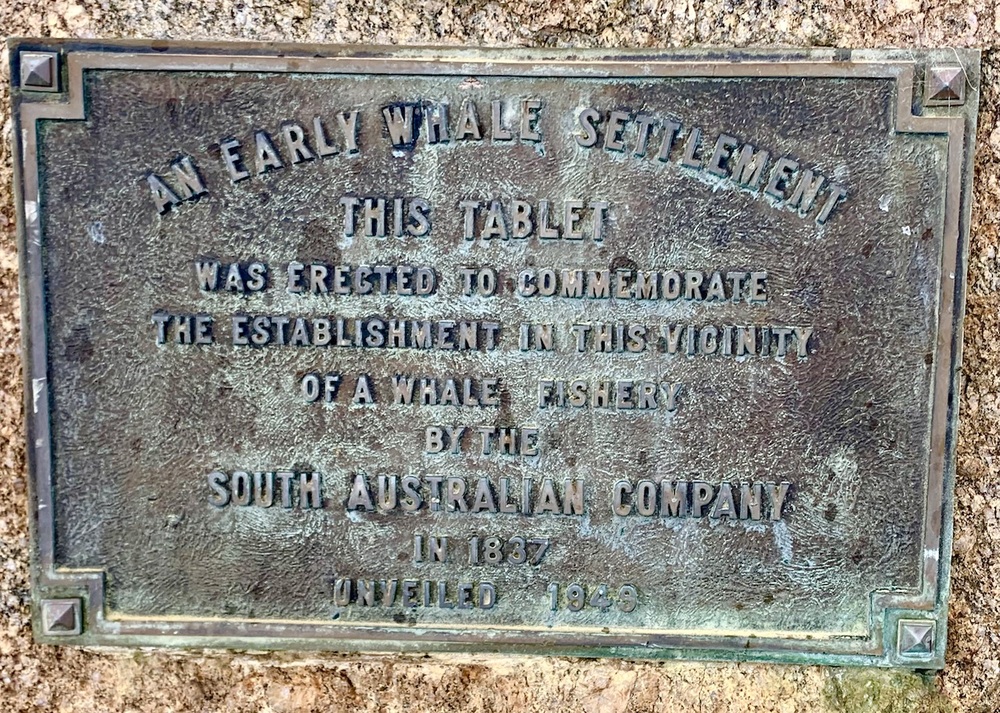Whaling station site confirmed on heritage register
Caroline Horn
27 August 2021, 10:30 PM
 The well at the Rosetta Head site
The well at the Rosetta Head siteThe Rosetta Head Well and Whaling Station Site at Encounter Bay has been confirmed in the South Australian Heritage Register as a place of archaeological significance.
The site was provisionally entered last year with the public given the opportunity to make submissions at that time.
The well and whaling station site are in front of Whalers Inn at Encounter Bay, near the parking for the boat ramp.
The whaling station was set up by the South Australian Company in 1837.
The State Heritage Register entry says it was the longest-running whaling station in the state and made a “notable contribution to the fledgling colony’s economic development”.
It also says the site has the potential for archaeological evidence of early contact between the Ramindjeri people who made up part of the boat crews and workforce and the European whalers.
It also likely that it could provide information to inform the whaling processes in Encounter Bay and the lifestyles of the whalers.
The station had a short but colourful history. The manager of the South Australian Company and another worker were charged in November 1837 with firing into a whale boat, in an attempt to kill the owner of a rival whaling operation, Captain John Blenkinsop.
Captain Blenkinsop drowned in December 1838 when his boat overturned as he tried to take it through the mouth of the River Murray. Many of his crew were rescued by Ngarrindjeri people who waded in and dragged them to safety.
The two whaling operations then merged.
In 1840 the whaling season at Sleaford Bay on the Eyre Peninsula was particularly poor and so the whaling staff there were moved to Encounter Bay and apparently all immediately deserted in search of higher wages.
Competition from Van Diemens Land also arrived with “new and improved boats” that could move faster than those of the South Australian Company.
A number of American and French whaling ships were also operating in the area at the same time. The Americans were said to also be smuggling tobacco and the French brandy which helped them to be more profitable and competitive against the Australian based operation.
In November 1852 the “whole of that valuable establishment, the Encounter Bay Fishery” was offered for sale without reserve, as an “opportunity to men of industrious habits, of acquiring a fortune in one or two seasons”.
Whaling straggled on in the area before ceasing in the 1860s. There was a short revival in the 1870s before the last whale be caught and killed in Encounter Bay was recorded in 1872.

The plaque commemorating the Rosetta Head site at Encounter Bay